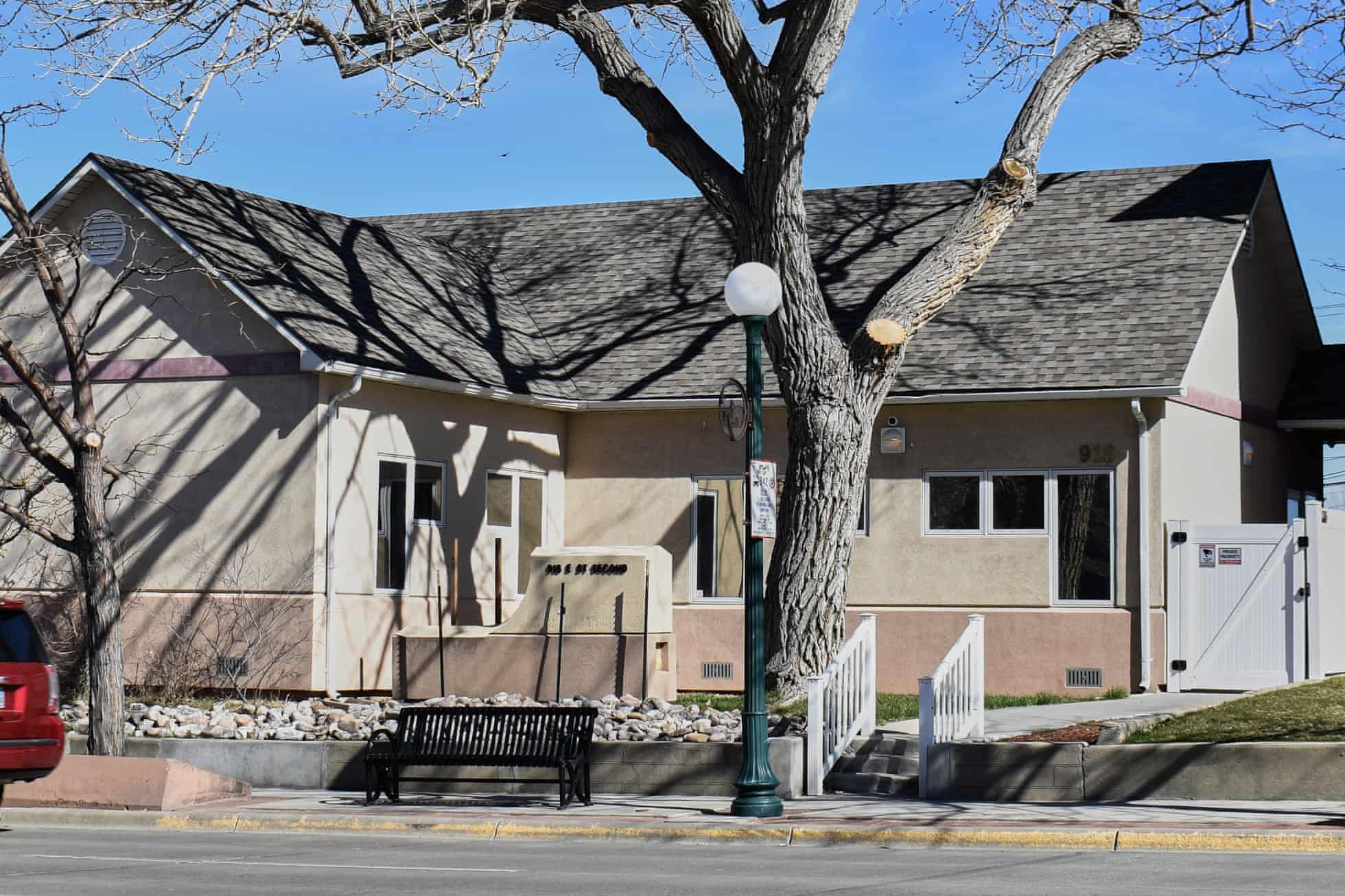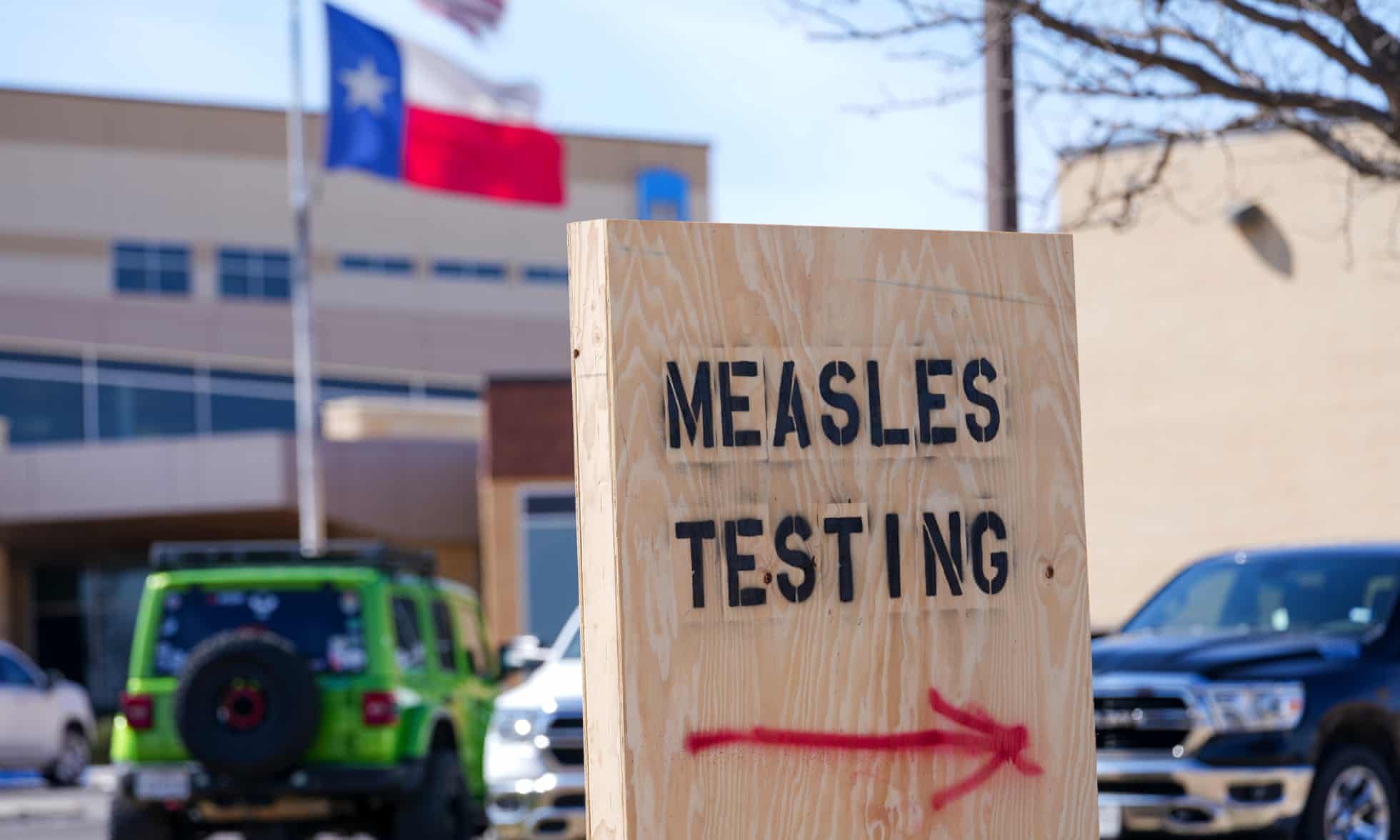
A bill that would have required women seeking medication abortions to get ultrasounds has been vetoed by Wyoming’s Republican governor, who questioned whether it was reasonable and necessary especially for victims of rape and incest.
“Mandating this intimate, personally invasive, and often medically unnecessary procedure goes too far,” Mark Gordon wrote in a letter explaining his veto late on Monday.
Groups working to maintain abortion access in Wyoming – the first state to attempt to explicitly outlaw medication abortions – praised the veto even though Gordon over the past three years has signed into law several bills seeking to ban the procedure.
“It’s important that women are able to access this healthcare without undue and unnecessary burden,” Christine Lichtenfels, executive director of the abortion access advocate Chelsea’s Fund, said on Tuesday.

 Health Glance
Health Glance


































